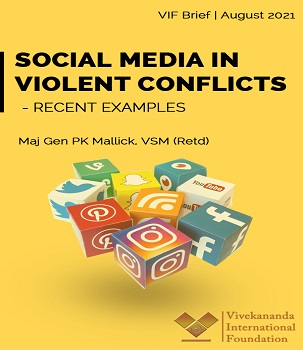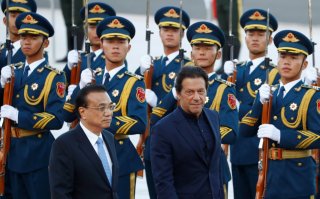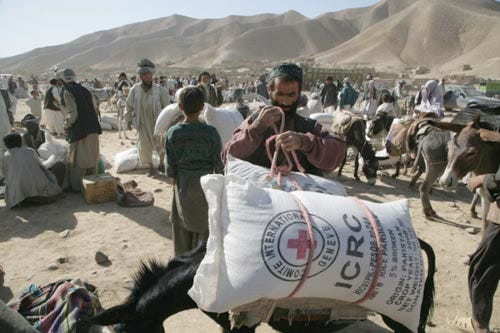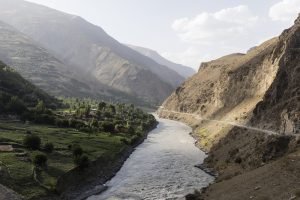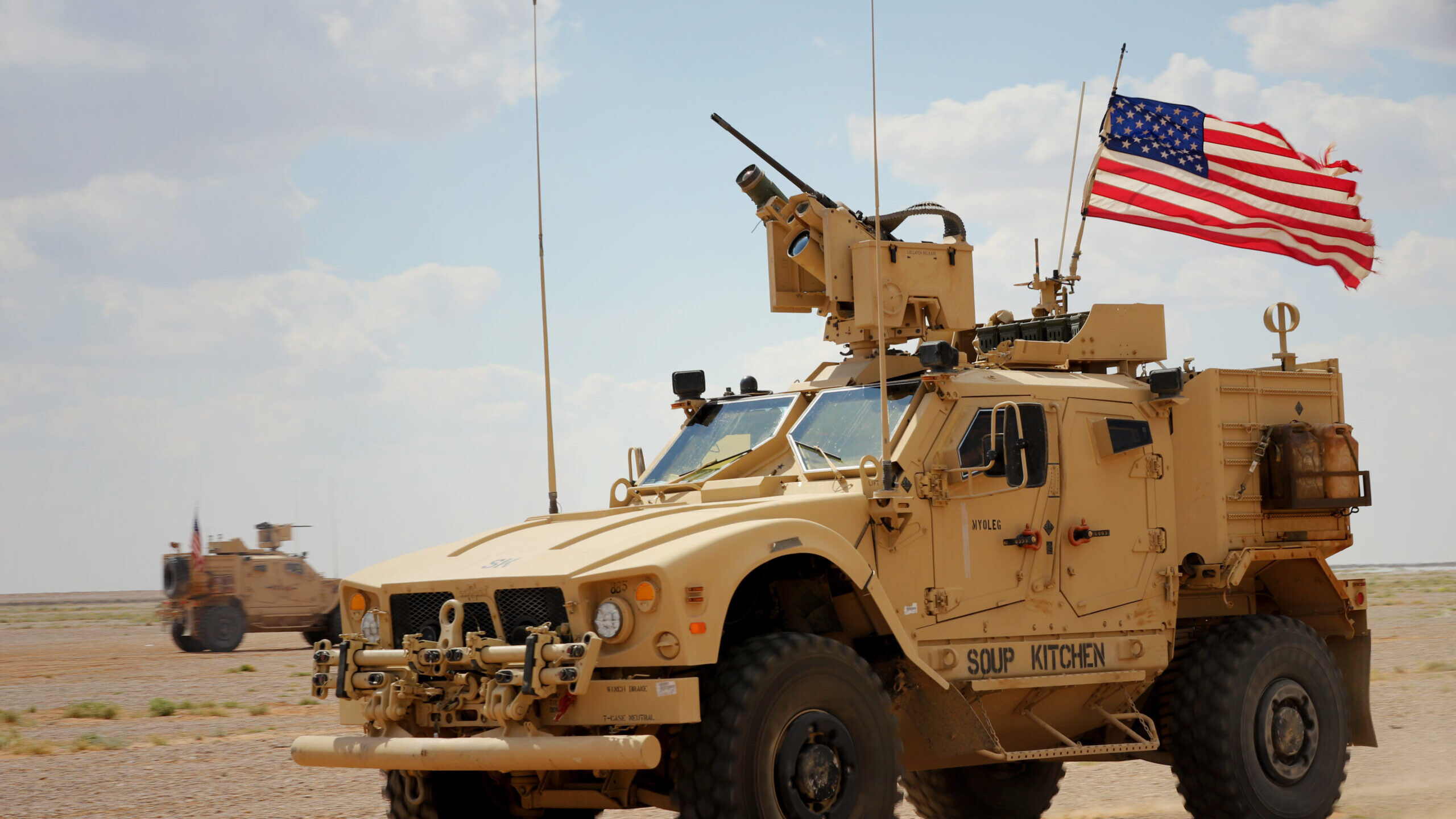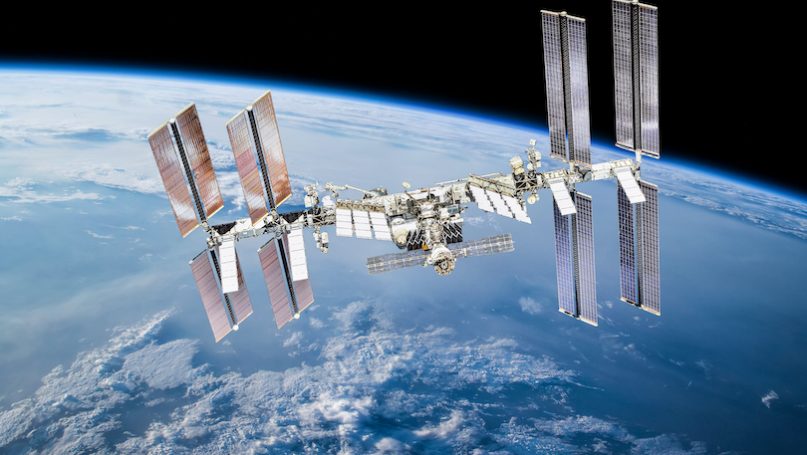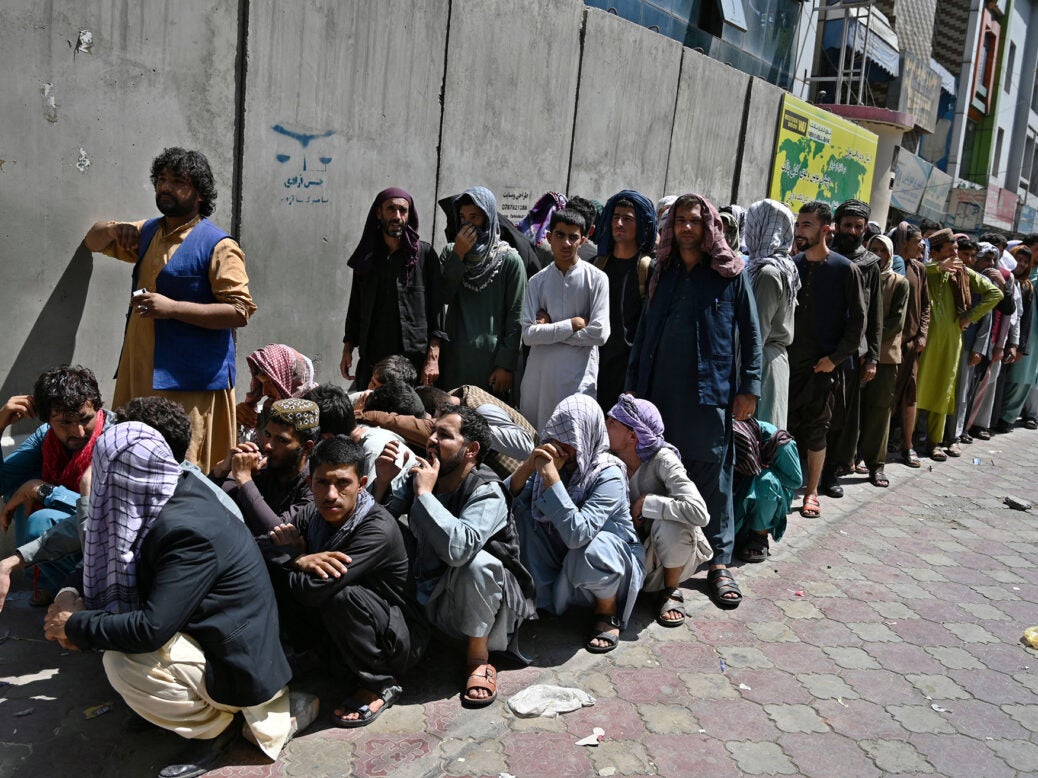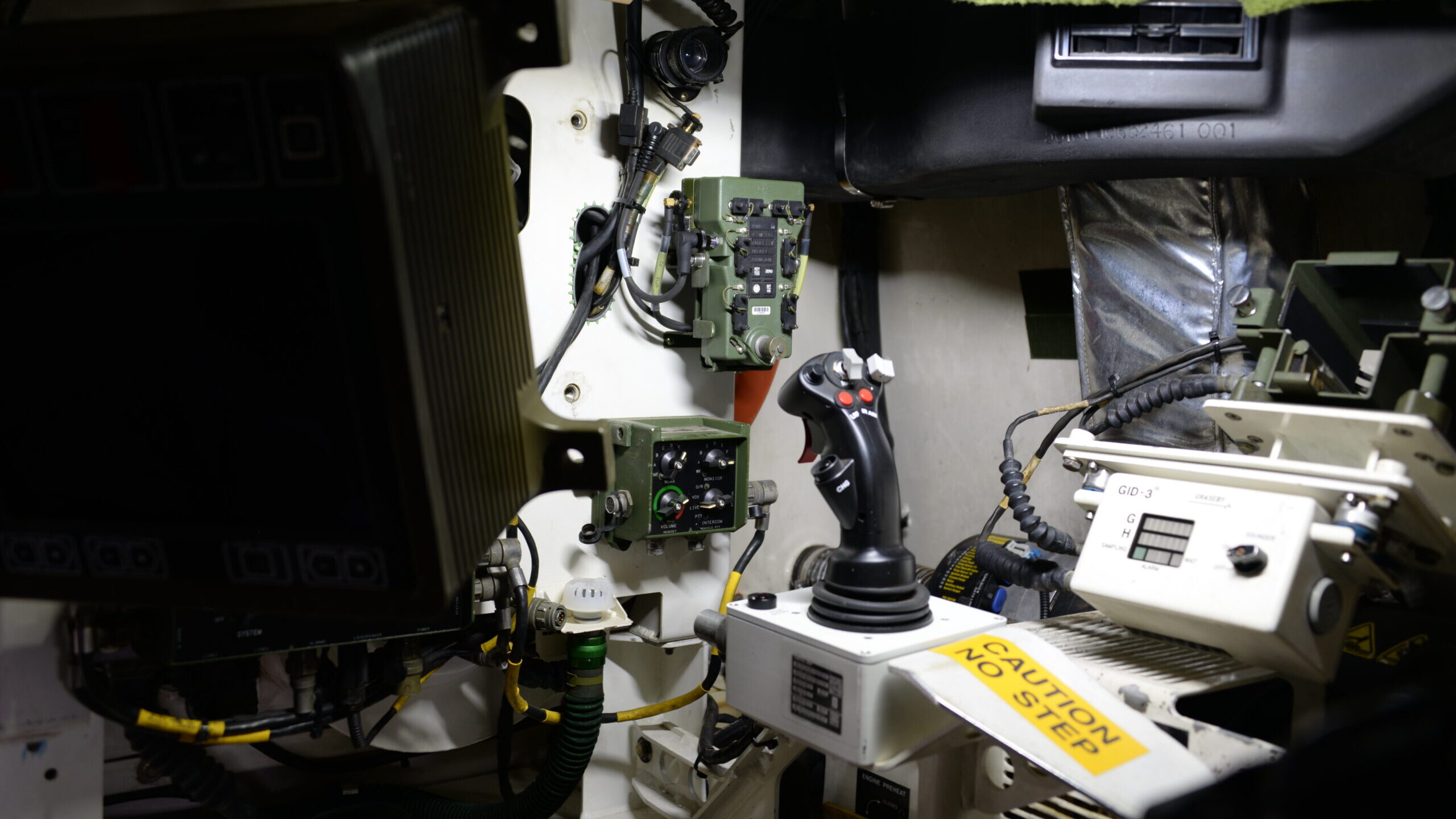IN THEIR VERY first exchange after 9/11, Pakistan’s most senior leaders urged their American counterparts not to invade Afghanistan. Instead, they said, consider targeted action against al-Qaeda. In several high-level meetings that I attended then as Pakistan’s ambassador to the United States, Pakistani officials gave warning that military action would not work. America should distinguish between al-Qaeda, the group responsible for the terror attacks, and the Taliban, who needed to be engaged.
Traumatised by the tragedy, leaders in Washington were in no mood to listen. Twenty years later, when America at last withdrew from Afghanistan, it had learned the hard way how to end its longest war. Doing so required negotiating a deal with the Taliban, but this came many years after al-Qaeda had been crushed.
Although close US-Pakistan co-operation achieved the shared goal of eliminating al-Qaeda, the course of the war strained a relationship already characterised by cyclical swings between intense engagement and deep estrangement. Long before the terror attacks of 2001, geopolitical concerns had shaped America’s regional alignments and its priorities. Bilateral ties passed through different phases. First, in the cold war, came the goal of containing communism. Pakistan became known as America’s “most allied ally”. Then came the pressing need, after 1979, to roll back the Russian invasion of Afghanistan. A subsequent phase involved defeating al-Qaeda in the “war on terror”.
 The Deterrence Theory was developed in the 1950s, mainly to address new strategic challenges posed by nuclear weapons from the Cold War nuclear scenario. During the Cold War, the U.S. and the Soviet Union adopted a survivable nuclear force to present a ‘credible’ deterrent that maintained the ‘uncertainty’ inherent in a strategic balance as understood through the accepted theories of major theorists like Bernard Brodie, Herman Kahn, and Thomas Schelling.1 Nuclear deterrence was the art of convincing the enemy not to take a specific action by threatening it with an extreme punishment or an unacceptable failure.
The Deterrence Theory was developed in the 1950s, mainly to address new strategic challenges posed by nuclear weapons from the Cold War nuclear scenario. During the Cold War, the U.S. and the Soviet Union adopted a survivable nuclear force to present a ‘credible’ deterrent that maintained the ‘uncertainty’ inherent in a strategic balance as understood through the accepted theories of major theorists like Bernard Brodie, Herman Kahn, and Thomas Schelling.1 Nuclear deterrence was the art of convincing the enemy not to take a specific action by threatening it with an extreme punishment or an unacceptable failure.